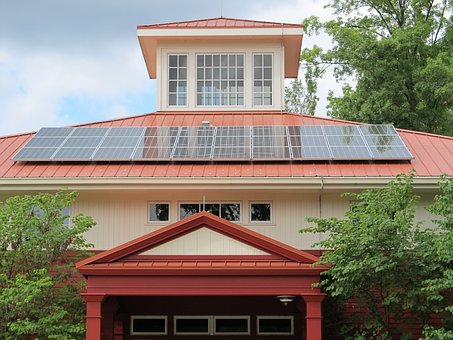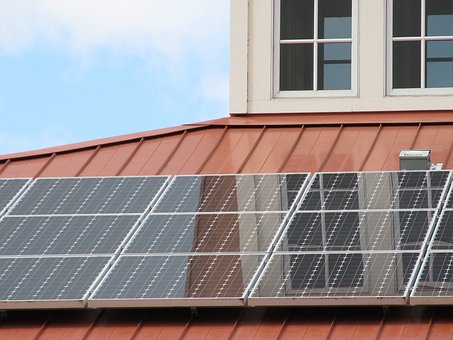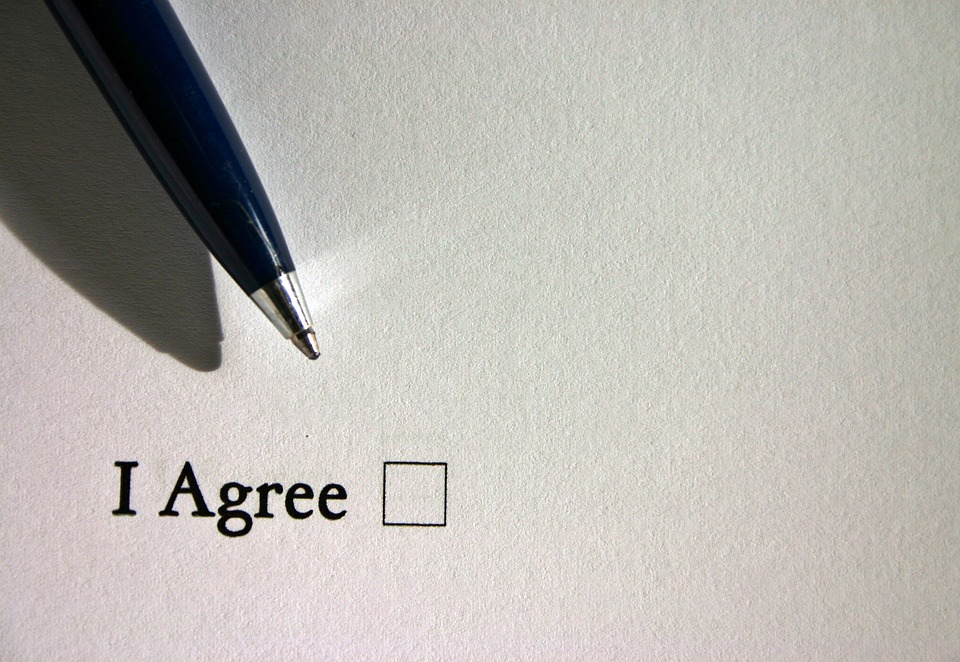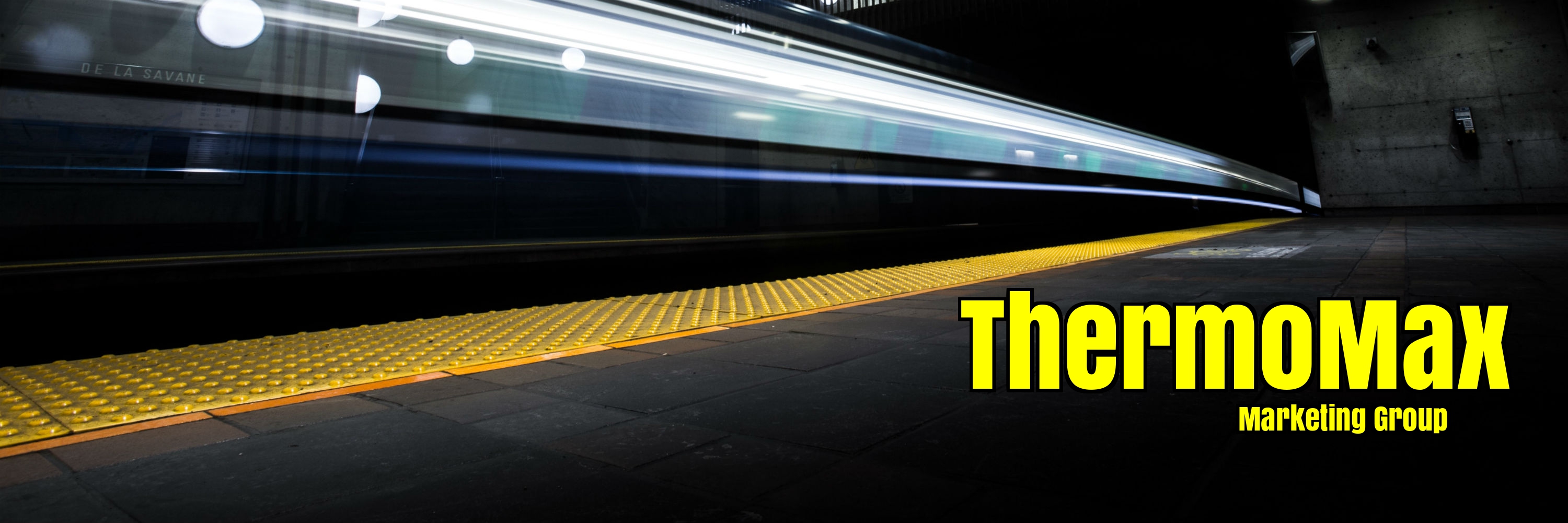Seven Things to Consider When Installing Solar Panels
The cost of solar continues to fall while the number of installations continues to increase …
Mainstream solar power for consumers is so new that it does pose some challenges. For example, if you want to purchase a car, there are many individuals who have done that and can let you know how this process works. Installing solar panels on the roof of your house can cost as much as a buying a car, but there are many fewer experienced buyers. There are even fewer customers who have had a solar system over the course of its full life cycle.
In addition to that, there are high stakes – after all, it is something being installed on your roof, so it is major. It is one thing where you cannot simply say, ‘well, I’ll know better next time if I end up making a mistake.’
The cost of solar continues to fall while the number of installations continues to increase.

The following questions are among the most important that you need to consider before you switch to solar energy.
Can your roof support solar panel?
That is a fairly key requirement. If there is shade covering your roof for most of the day and year, then its “solar window” might not be favorable enough in order to justify the expense of solar panels. It is definitely something that you will need to assess before moving forward. So, if your roof can’t handle it, or you can’t make the determination because you live in a multiple-unit building or rent an apartment, you still don’t have to completely give up on having solar power. Instead of having your own panels installed, you can look to community or shared solar. That approach allows a number of different customers to purchase part of a solar installation and get credits on their electric bills.
If you have a rooftop that is suitably sunlit that you can work with, then make sure it is structurally in good shape. These days solar installations may come with 20 to 25-year warranties. If you roof is going to need to be renovated in a few years, then it will be a lot easier to get that taken care of before putting up the solar panels. This way, you will not need to pay extra money or time to disconnect the panels for roof renovation and then put them back up again. While you are doing this, be sure you are not going to run afoul of any of the covenants of your homeowners’ association that for aesthetic reasons bans rooftop solar.
Finally, envision what your yard’s future will look life. If you have an unobstructed roof now but you planted a bunch of oak trees on your property recently, then in a couple of years you might run into trouble. You will need to be prepared to do some pruning so that your panels are kept clear.
Have you done all that you can to improve your efficiency?
How much solar energy you are going to need to generate will depend on the amount that you use, therefore it makes sense to cut your usage as much as you can before you pay for the solar panels. Begin by conducting an energy audit and search for efficiency upgrades prior to drawing up any blueprints.
What type of solar makes the most sense?
The two main solar technologies to choose from are photovoltaic, which utilizes arrays of cells for transforming sunlight into electricity, and then there is thermal, that utilizes sunlight for heating air or water for use indoors. If a lot of energy is used for your house for heating, or you are leaving in a place where heating fuel is costly compared to electricity, then you could break even on your solar thermal investment earlier.

How are you able to connect with the grid?
These details will vary depending on the area where you live, however the principle is any time you connect to a utility, there will many logistics that need to be sorted out. Is there a fee that you will need to pay? However long before the utility is able to hook you up? After you are connected, when and how will you get credited for the electricity that you generate?
That final one is referencing net-metering, which is the practice where rooftop solar is reimburse by utilities at the same rate that its users are charged for electricity. It is a very political fraught area: there are certain states, such as Nevada, that have adopted polities that have utilities paying less money for surplus solar, and that makes it more difficult to recoup your installation costs. Check out the following solar scorecard for a useful guide on where all of the different states stand on this issue.
Do you have a trustworthy installer?
That applies whenever you hire somebody to come inside of your home, however solar combines risks associated with electrical work and a home improvement project’s logistics. References and credential are especially important. You would not want to hire any electrician who hasn’t done any electrical work to visit your home and make changes to it. Especially look for North American Board of Certified Energy Practitioners (NABCEP) accreditation. It is a major expense, so don’t hesitate to get a couple of quotes before signing a contract.
It is a lot harder to predict, but you ideally want to hire a company that is going to be around for the lifespan of your installation. Because there are no moving pieces on solar cells, they have a tendency to not need a lot of maintenance. But in case anything stops working within the warranty period, the last thing you want is to discover is your installer is not around any longer to repair it. So, don’t sign a contract until all details of financing and ownership are addressed first.
Buy or lease?
All household have to run their own cost-benefit analyses on this fundamental trade-off. Purchasing your own system will have a higher upfront cost but pay larger dividends; leasing gives you access to less expensive energy with no or little money down, but there are more limited benefits. If you lease, the system is own by the company that you contract with, and then you pay a specific rate for your electricity; after the lease has come to an end, they may take away the system. If you own the system, then it will continue to work for you long after the cost of your purchase has been paid off. Be sure to compare the lease’s total life cycle cost and weigh it against the savings versus the benefits you would receive from ownership.
When doing your financial analysis, remember that these panels may function for daces, however the system’s other electronic equipment, such as the power inverts, do have shorter lifespans. So, make sure you factor in any potential replacements for these other system components when you are making your budget for your project’s cost.

What should your contract include?
You contract should spell out all of the different details regarding performance expectations, ownership, and financing. Also, since the systems may come with web-enabled devices, check to see if anybody is gathering data on your home energy usage and production.





